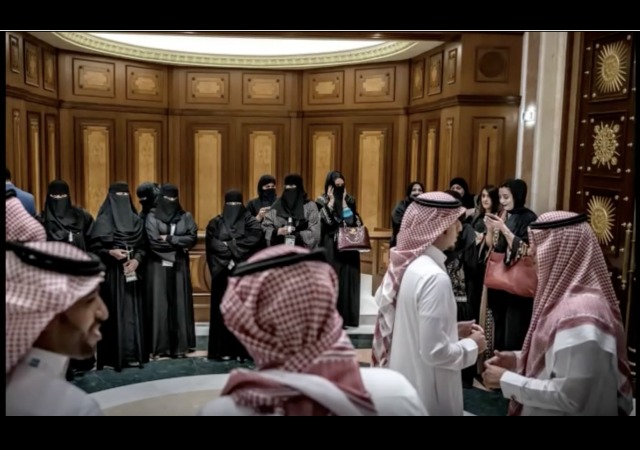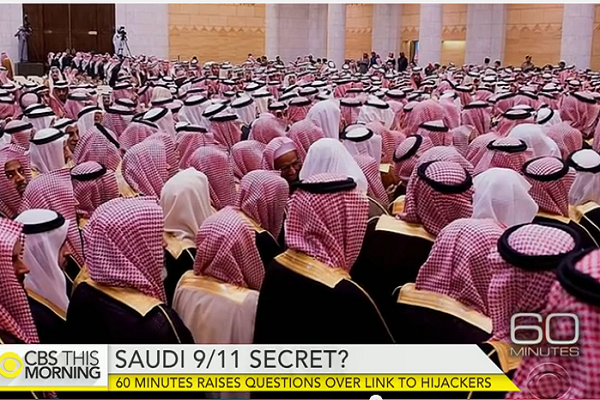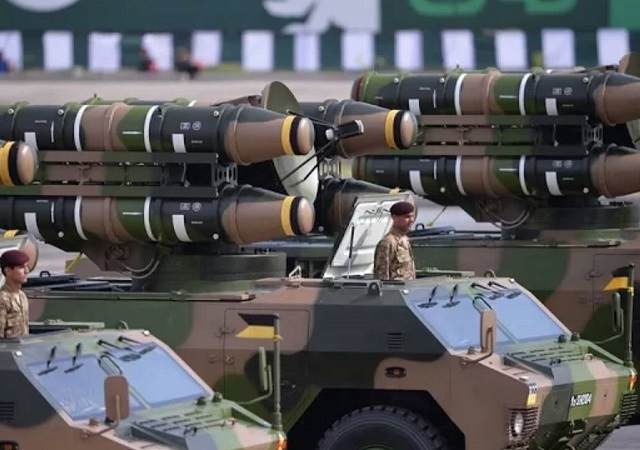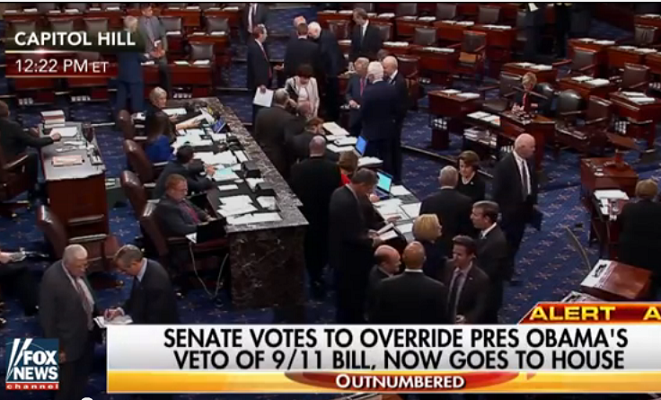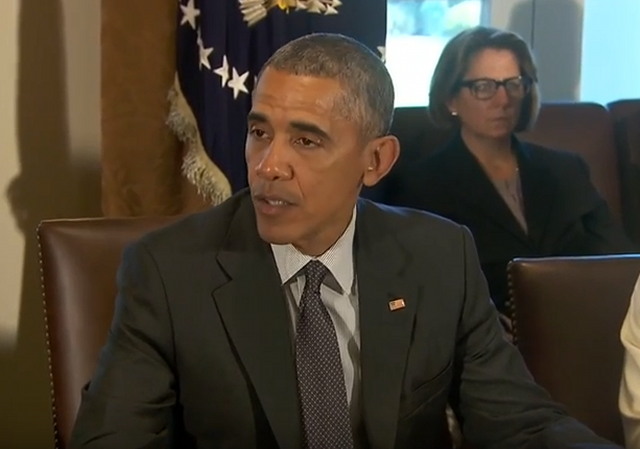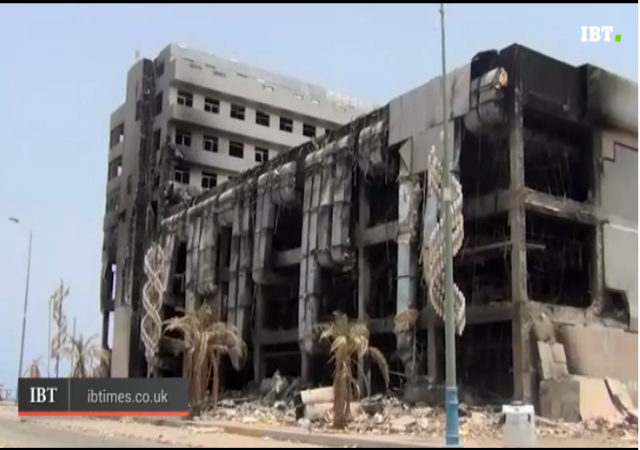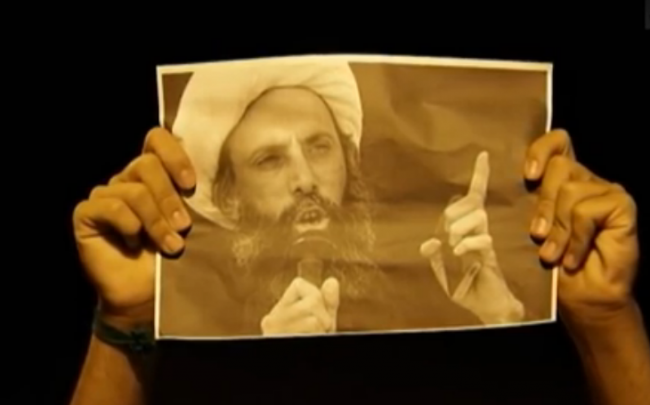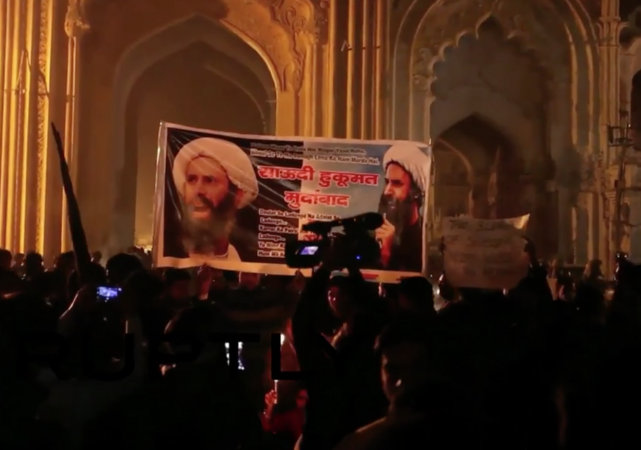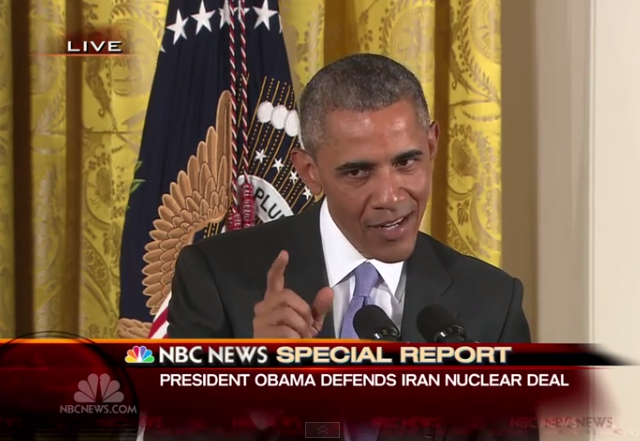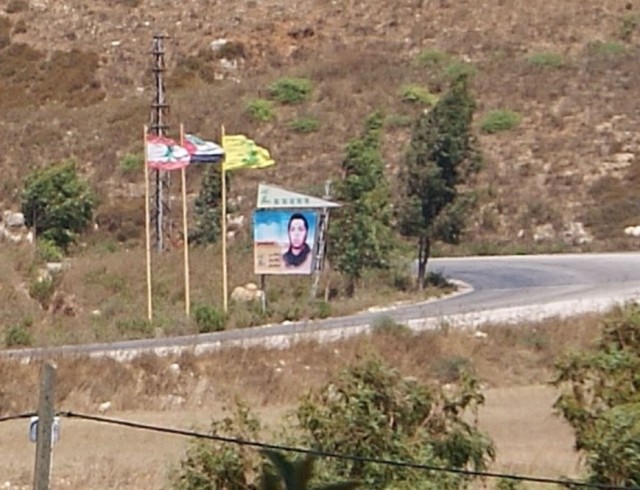Why Saudi Arabia Shouldn’t be on the UN Women’s Rights Commission
on April 24, 2017
10 Comments
Unfortunately, I am not kidding when I say that the UN elected Saudi Arabia to the Women's Rights Commission. It reminds me of when the UN elected Iran to the human rights council. Remember that?
Saudi Arabia received its spot when the Economic and Social Council voted on new members for the women's rights commission, which wants to help promote equality for females. The commission's website states that females "suffer violence and discrimination" and remain "under-represented in political and economic decision-making processes." Females around the world also "lack decent access to basic education and face occupational segregation and gender wage gaps." Too many countries still deny females "access to basic education and health care."
Gee, what country falls into most of these categories? Saudi Arabia!

